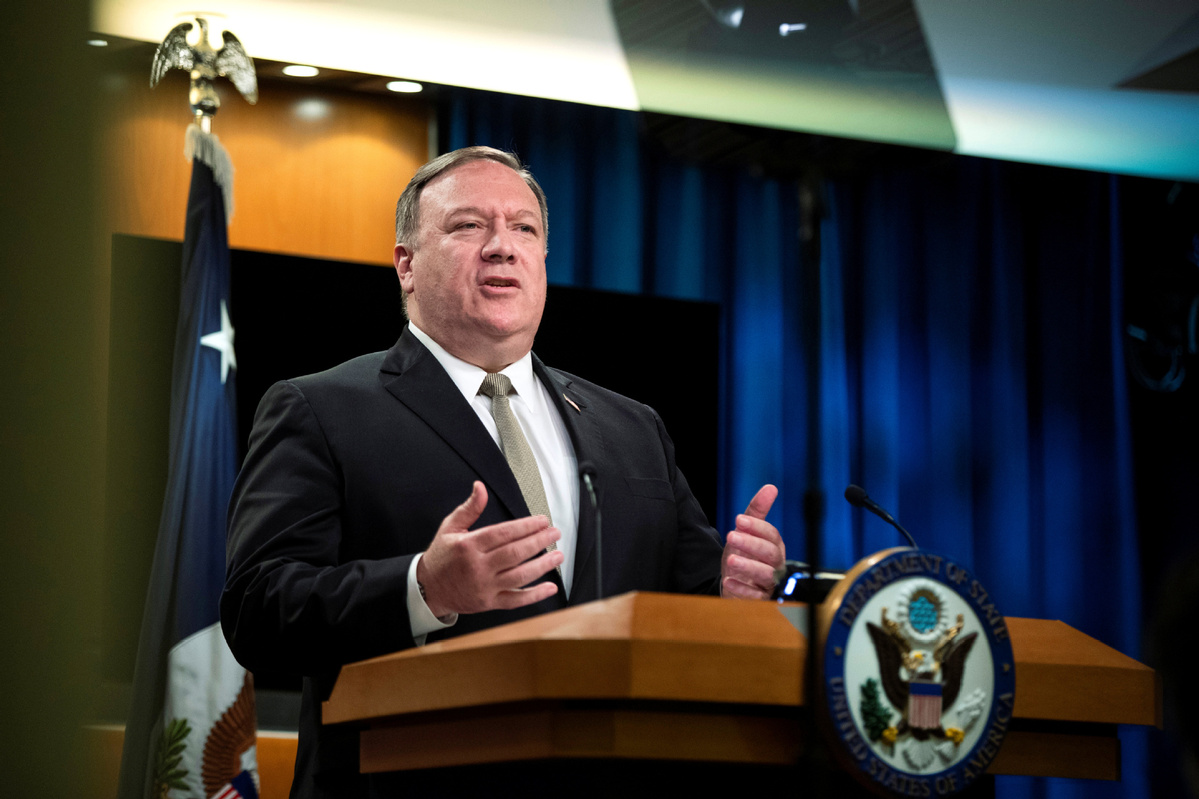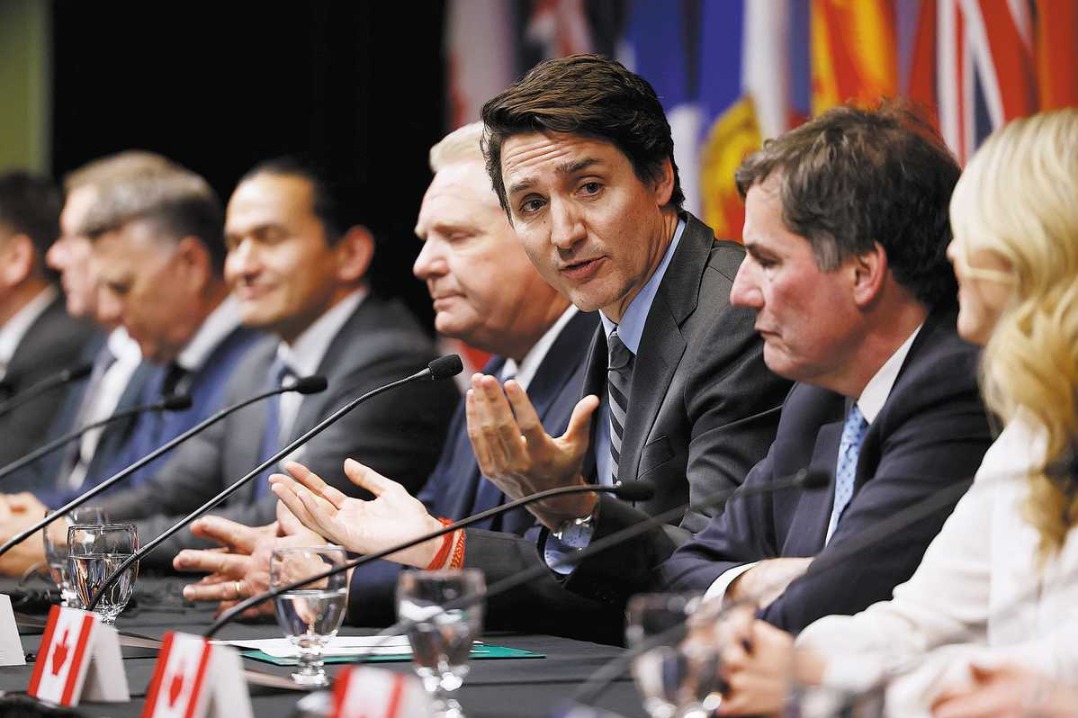EU must hedge its bets, avoid US trap


US Secretary of State Mike Pompeo has lately been making aggressive overtures to the countries of Europe to take "America's side" on matters pertaining to China.
In a video speech to a Copenhagen forum a week ago, the top US diplomat said it was not the United States making such a choice but China, and claimed that the decision was a question between "freedom and tyranny", citing a common set of values and cultural heritage between the US and Europe.
Pompeo's rhetoric is disingenuous and misleading. It weaponizes Cold War themes in order to push the continent into making a strictly ideological choice that, in practice, masquerades how the US is, in fact, striving to undermine the interests of the continent in the sole pursuit of unilateralism.
Europe may have its own values, but this does not mean its immediate strategic interests have to be eye to eye with those of Washington.
It is obvious that on a wide range of issues, the Trump administration does not respect or stand with Europe. For the White House, Europe ought to trade not as a partner or equal, but as an extension of US interests, and forced to follow America's will.
What European countries want themselves is irrelevant to the broader idea that the continent has an obligation to Washington's unilateralist foreign policy stance.
This plays out on a growing number of issues. First of all, the US does not respect Europe's desire to comply with the Iran nuclear deal. It has coerced European countries into following unilateral sanctions that contravene international law.
The Trump administration dislikes the European Single Market as a threat to US market interests, and as part of the long-standing Airbus dispute is placing billions of dollars of new tariffs on the bloc, with more announced in the past week. The president has accused Germany of "ripping off the United States" on trade.
In addition, the Trump administration withdrew from the International Criminal Court, which is based in The Hague, the Netherlands, with Pompeo calling it a "kangaroo court" and believing it has no right to infringe on US sovereignty. This drew condemnation from European leaders.
Other disputes with the bloc include the withdrawal from the Paris Climate Agreement; unilateral moves on Israel's annexation of the West Bank, which contravenes European policy; the attempt to block Nord Stream 2, a pipeline under construction from Russia to Germany via the Baltic Sea, with sanctions in order to maintain US dominance in the energy sector; and a withdrawal of US troops from Germany without prior notice.
Given all of these huge differences and contentions, which have sent transatlantic ties to an all-time low, how can Pompeo then turn around and say Europe must stand with the US on China?
The claim that "common values "somehow unite the two parties in a Cold War theme overrides the reality that the administration is aggressively disrespecting Europe's strategic interests and multilateral norms.
Given this, the claim that the US stands with the EU on this issue is inherently misleading, and is attempting to sell the continent a series of false promises that only suit US preferences.
In the emerging strategic environment of contention waged by the US against China, the European Union must follow its instincts and continue to recognize that the continent has so much to gain by maintaining stable, cooperative and open ties with Beijing.
As cited by the European Commission in its virtual summit with President Xi Jinping, focusing on the advancement of an investment treaty and sustaining mutual agreements on market access must remain a priority.
There may be disagreements, but Washington's zero-sum and destructive game will be a disaster for Europe. The US does not stand with the continent and seeks to bully it into being the lesser party of a unilateralist, one-sided agenda. The EU must hedge its bets and avoid falling into Pompeo's trap.
The author is a British political and international relations analyst. The views do not necessarily reflect those of China Daily.
































